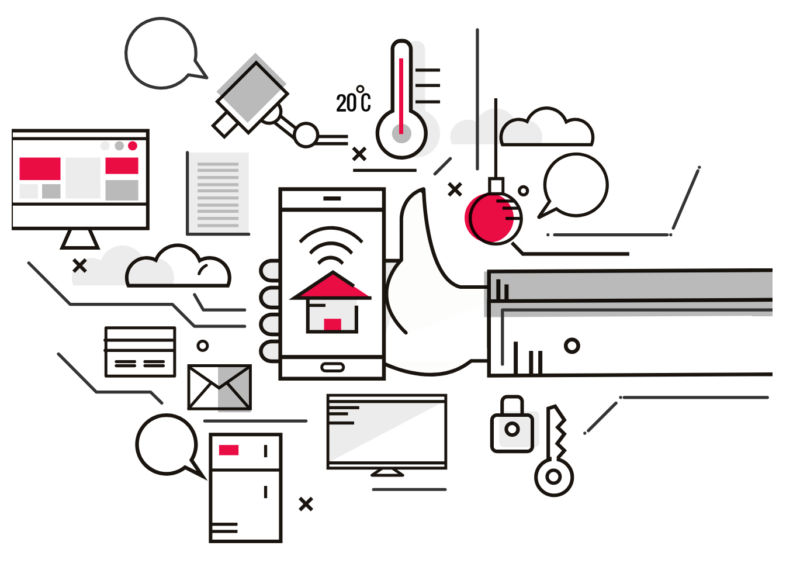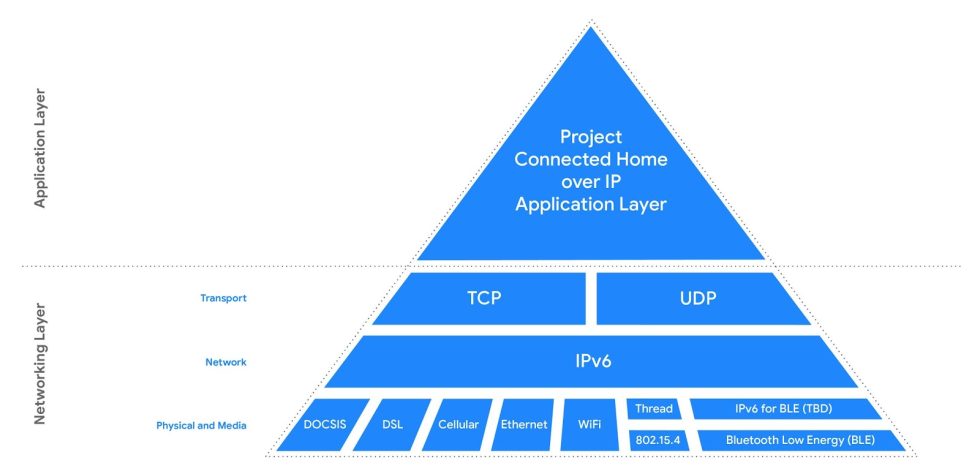Apple, Google, and Amazon create “CHIP,” a new smart home standard [Updated]

Update, 12/19: There have been a few new developments since yesterday's announcement that Apple, Google, Amazon, and Zigbee have come together to create an initial smart home standard. First, Apple has open sourced "portions" of the HomeKit Accessory Development Kit (ADK), allowing developers to prototype non-commercial smart home accessories (commercial devices still needing a license). In a blog post, Apple says it open sourced the HomeKit ADK "to accelerate the development of the new universal standard" that it is developing with the CHIP working group. CHIP has been pitched as combining the best from Apple, Amazon, Google, and Zigbee, so presumably bits of this HomeKit ADK will be used in the new CHIP standard.
The second development is that Google has a second blog post on CHIP with some more details. Google talked a bit about security, saying that by leveraging the tried-and-true Internet protocol (IP) CHIP will enable "direct, private and secure end-to-end communications among devices, mobiles, and cloud services with a familiar and consistent development and programming model making it easier for developers to leverage their experience and solutions across those domains. This approach reduces points of attack and weakness where security would otherwise be terminated and reinitiated."

Google's CHIP pyramid. Notice that IPv4 is not supported. RIP. (credit: Google )
Google shared this fun pyramid diagram of CHIP's conceptual model. The network will only use IPv6, according to this diagram, and IPv4 is not supported. Once you get IP up and running, CHIP communication can happen over pretty much anything, with Google listing basically every popular networking technology at the bottom. Google argues that "IP-based solutions can leverage off-the-shelf network infrastructure that can be shared across many applications and products. This helps reduce the mess of wires and pucks spawned by gateways and hubs common in many smart home solutions today."
Read 11 remaining paragraphs | Comments